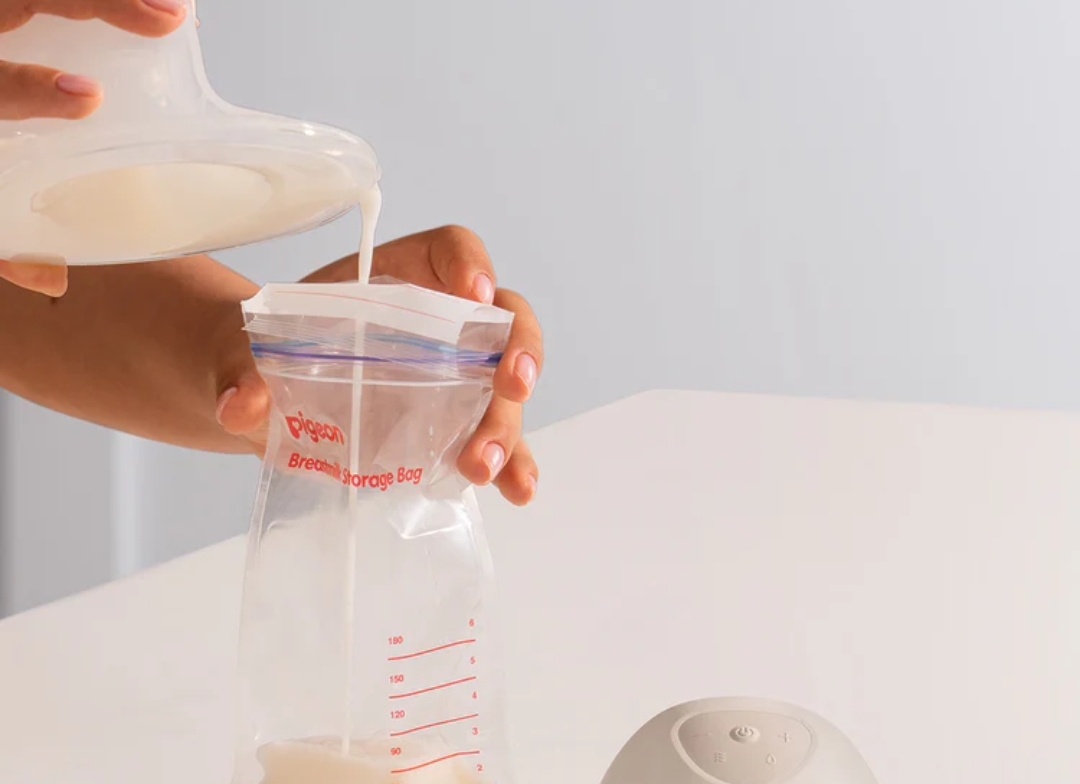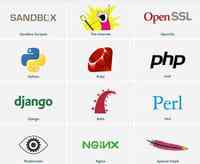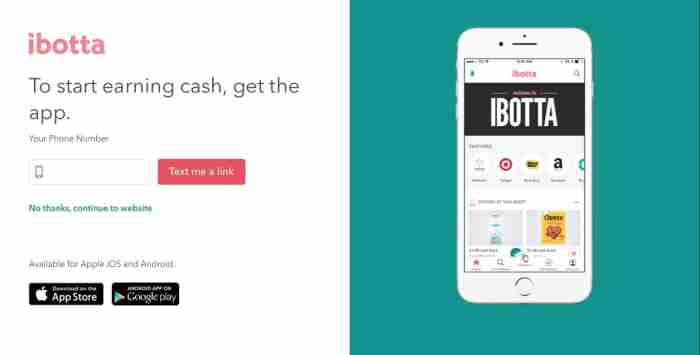What Are the Benefits of Pumping Over Breastfeeding?
Choosing between pumping and direct breastfeeding is a decision that depends on individual circumstances and preferences. While breastfeeding is often considered the most natural way to nourish a baby, pumping breast milk also offers unique advantages that make it an appealing option for many mothers. Here’s a closer look at the benefits of pumping over breastfeeding and why it might be the right choice for you.

The Benefits of Pumping Breast Milk Over Nursing
The following are the advantages of pumping breast milk over the traditional approach.
Flexibility and Convenience
One of the most significant benefits of pumping is the flexibility it provides. Pumping allows you to collect and store breast milk, making it available whenever needed. This flexibility is particularly valuable for mothers who return to work, have busy schedules, or need time away from their babies. By pumping, you can maintain your baby’s breast milk intake even when you’re not physically present. This flexibility also extends to feeding times. Pumped milk can be fed to the baby by other caregivers, such as a partner, family member, or babysitter. This allows you to share the feeding responsibilities and get much-needed rest or time to focus on other tasks. For mothers who are recovering from childbirth, this shared responsibility can be especially beneficial.
Monitoring Milk Intake
Pumping allows you to measure exactly how much milk your baby is consuming. This can provide peace of mind, especially if you’re concerned about your baby’s growth or if they are premature or have special nutritional needs. With direct breastfeeding, it can be challenging to gauge how much milk your baby is getting, but with pumping, you can ensure they are receiving the right amount. This aspect is particularly helpful in situations where precise monitoring of milk intake is required, such as in the case of low birth weight or medical conditions. Knowing the exact amount can help you adjust feeding schedules and quantities more accurately to meet your baby’s needs.
Overcoming Breastfeeding Challenges
Some mothers face challenges with direct breastfeeding, such as latching difficulties, nipple pain, or low milk supply. Pumping can help overcome these obstacles. For instance, using a breast pump can stimulate milk production, helping to increase supply. Additionally, pumping can give sore nipples a break while still allowing your baby to receive breast milk. For mothers whose babies have trouble latching, pumping can be a way to continue providing breast milk without the stress and frustration that sometimes accompanies direct breastfeeding. This can lead to a more positive feeding experience for both mother and baby.
Maintaining Milk Supply
Regular pumping can help maintain your milk supply, especially if you need to be away from your baby for extended periods. This is crucial for mothers who return to work shortly after giving birth. By establishing a pumping routine, you can keep up your milk production, ensuring that your baby continues to receive breast milk even when you’re not around. Additionally, pumping can prevent issues such as engorgement or clogged ducts, which can occur if the breasts are not emptied regularly. By pumping, you can manage your milk supply and avoid these potential complications.
Storing and Stockpiling Milk
Pumping allows you to build a stash of breast milk for future use. This can be incredibly useful if you plan to be away from your baby for an extended period, such as during travel or hospitalization. Having a supply of stored milk ensures that your baby can continue to receive breast milk even in your absence. Stockpiling milk also offers peace of mind, knowing that there’s always milk available when needed. This can be particularly important during growth spurts when your baby’s demand for milk might suddenly increase.
Involvement of Other Caregivers
Pumping enables other caregivers to take part in the feeding process, allowing them to bond with the baby. This can be a significant emotional benefit for partners who wish to be more involved in the baby’s early development. Sharing feeding duties also gives you more time to rest and recover, which is crucial during the postpartum period. This shared responsibility can help reduce the pressure on you as the primary caregiver, leading to a more balanced and manageable parenting experience.
Continuing Breastfeeding Journey
For mothers who may face circumstances where direct breastfeeding becomes difficult or impossible, pumping allows you to continue providing breast milk. Whether due to medical reasons, lifestyle demands, or personal preference, pumping ensures that your baby can still benefit from breast milk, which is widely recognized for its nutritional and immunological advantages.

Final Thoughts
Pumping offers a range of benefits that can make it an excellent option for many mothers. From providing flexibility and convenience to overcoming breastfeeding challenges and involving other caregivers, pumping allows you to continue offering your baby the best nutrition possible while adapting to your unique needs and circumstances. Whether you choose to pump exclusively, combine pumping with breastfeeding, or use it as a backup option, what matters most is that you find a feeding strategy that works best for you and your baby’s health and happiness. If pumping breast milk is the right move for you in the question of breastfeeding vs pumping, then you'd be happy to know that Eufy is offering a breast pump called the Eufy Breast Pump S1 Pro that is extremely comfortable and provides an app integration that helps you manage the milk it collects.









